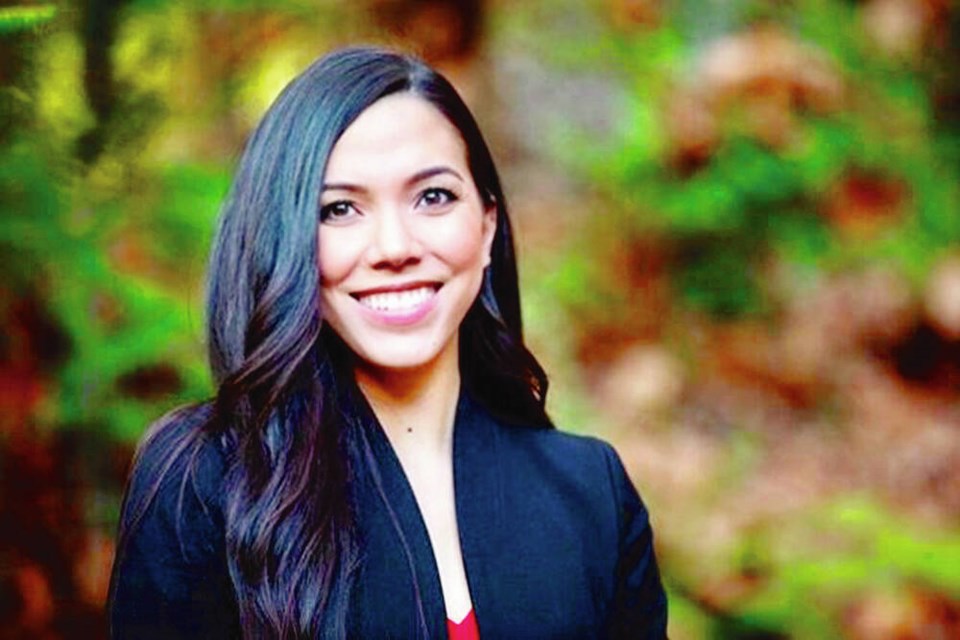The University of Victoria is honouring the graduates of the world’s first Indigenous law degree program — one that combines the study of Canadian common law and Indigenous legal orders — at a special recognition event with their families at the Songhees Wellness Centre on Saturday.
The 23 students in the program’s inaugural cohort learned about Indigenous legal orders within Canadian common law and the interface between them.
The graduates of the four-year program will receive two professional degrees: a Juris Doctor and a Juris Indigenarum Doctor, allowing them to work across multiple legal systems.
“I hope our graduates will take with them the ability to centre Indigenous law in the world as a collaborative and principled way to solve problems, so that is never reduced to just words on paper, because it is so much more than that,” said Val Napoleon, interim dean of law, co-founder of the program, and Law Foundation Chair of Indigenous Justice and Governance at UVic.
Graduates will work within areas of law such as constitutionalism and Indigenous governance, criminal law, environmental protection, intellectual property, housing, family law and child protection.
Amanda Vick, 31, from the Gitxsan Nation in northwestern B.C., said the program was an opportunity to “both learn and unlearn. When I first realized the unique way that I was going to learn the law, I felt both excited for the journey and humbled by the responsibility gifted to me.”
Vick, who lives in Vic West, grew up wanting to be a lawyer and enrolling in the just-created JID program four years ago “worked out perfectly for me.”
Upon graduation, she will be articling with the B.C. Prosecution Office.
Fellow student Cody O’Neil said growing up in the Okanagan Valley, he thought common law was the only game in town, but he learned that Indigenous law had simply been erased.
“Prior to law school, I worked at the National Centre for Truth and Reconciliation. This was the start of my personal wake-up call to Canadian colonialism and my commitment to support Indigenous futures beyond it,” said O’Neil, 29.
He said the program has allowed him to peel back layers of colonialism to discover the diversity and dynamism of Indigenous law.
“I was brought up to believe that Indigenous law was in the past, something that was frozen,” said O’Neil, who is moving to Vancouver to continue work in the Aboriginal law field. “This program shattered that racist myth, teaching us that Indigenous law is not frozen, but dynamic and living all around us.”
The program is a direct response to a call to action from the Truth and Reconciliation Commission to establish Indigenous law institutes for the development, use and understanding of Indigenous law. Funding for the program has been provided by the B.C. government, the federal government and a number of corporate, foundation and private donors.
The graduates will formally receive their degrees during convocation ceremonies in June.



